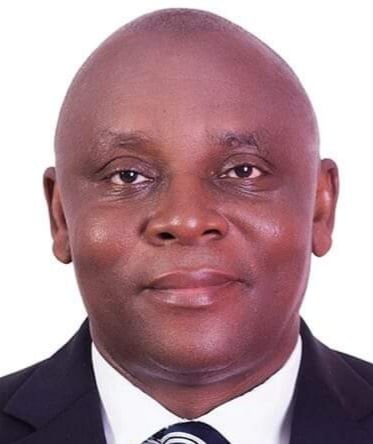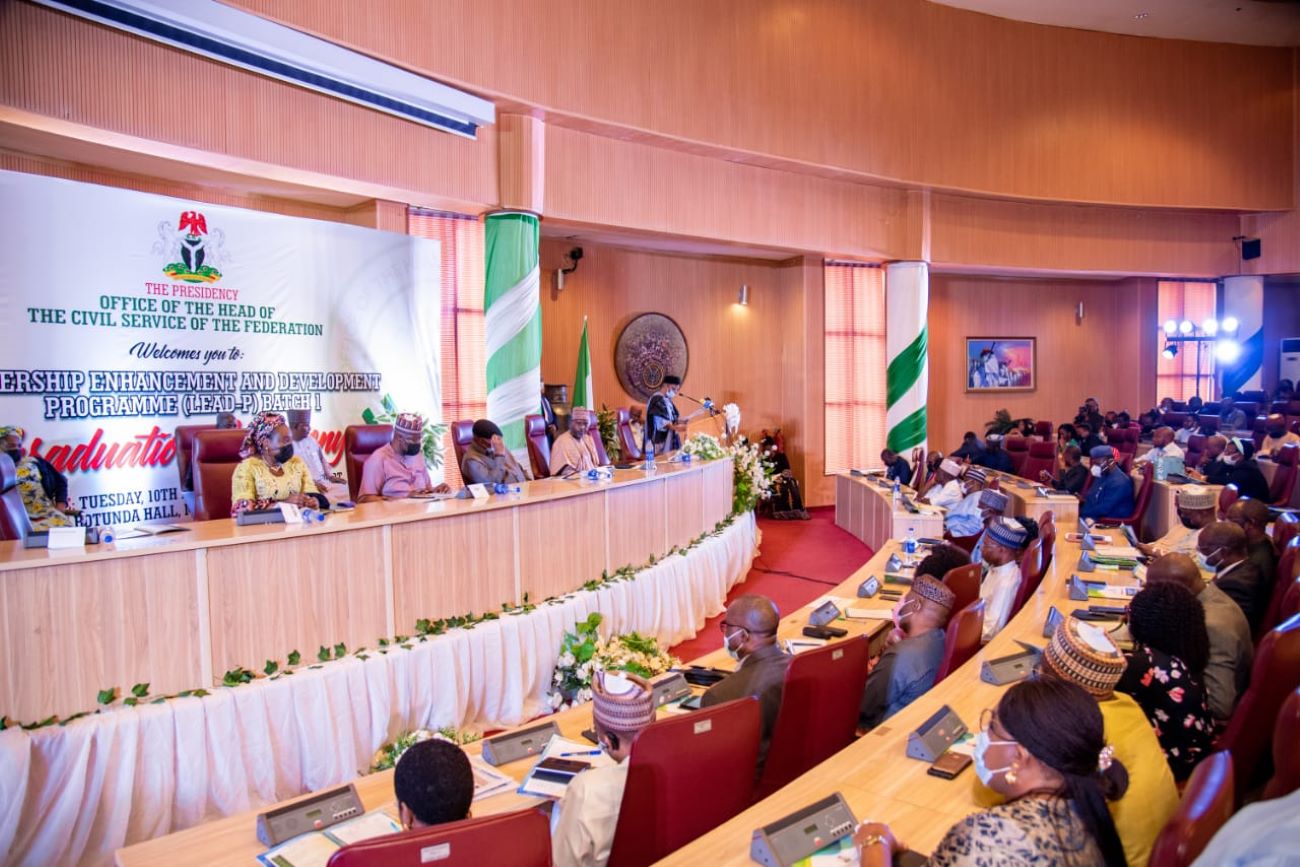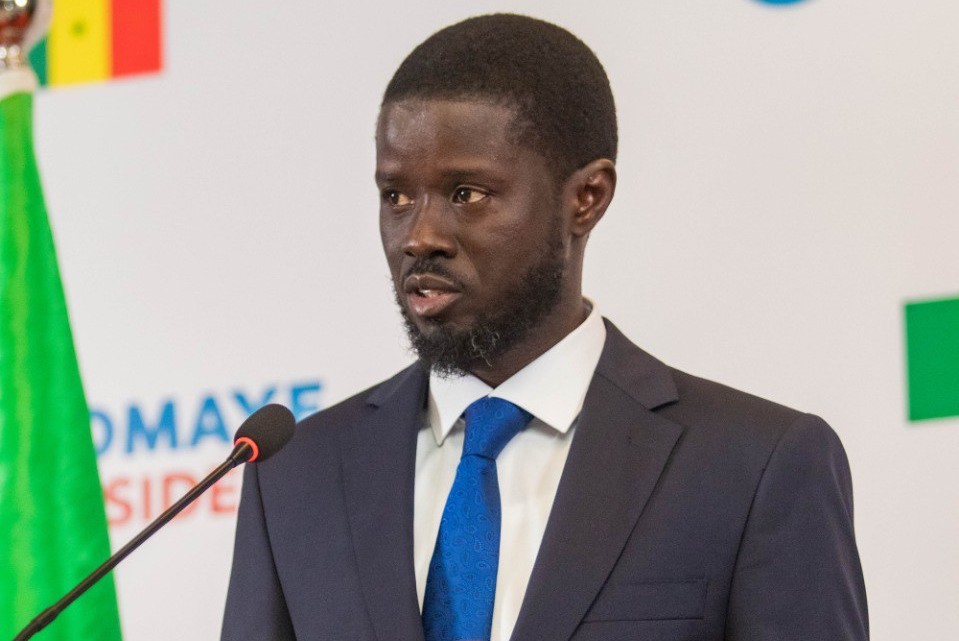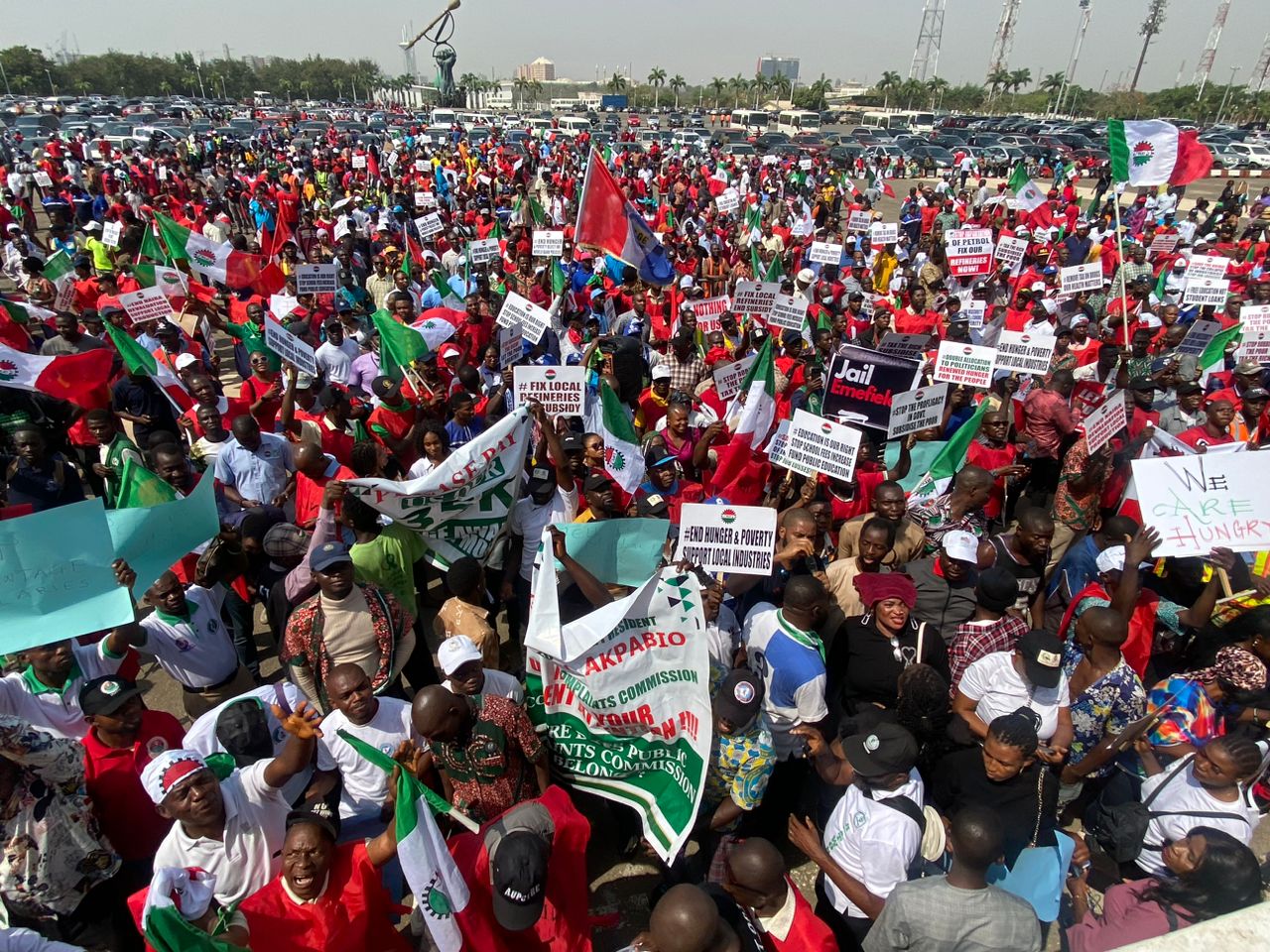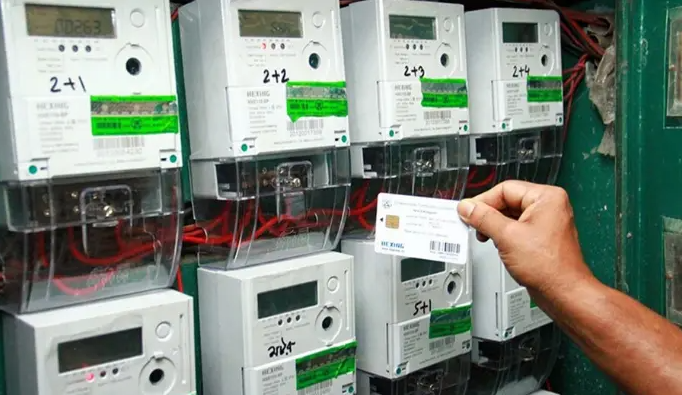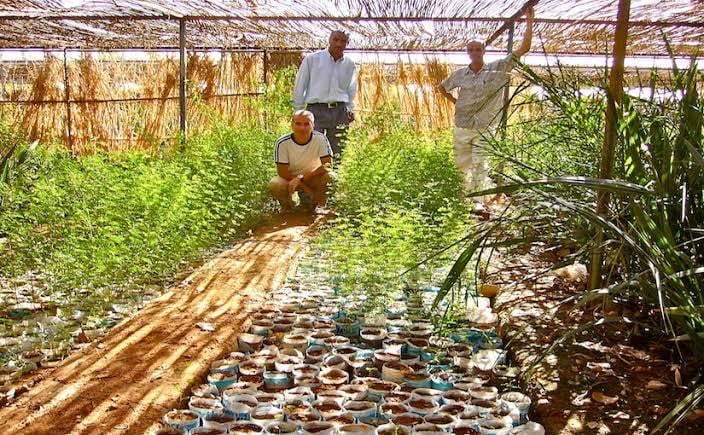The digitalisation of the office of the head of the civil service of the federation (OHCSF) by the Aig-Imoukhuede Foundation is just one more proof that an individual can make a difference if he has the right passion and doggedness. For a long time, one of Nigeria’s philanthropists, Aigboje Aig-Imoukhuede has had the desire to automate our civil service and retrain its workforce. In 2019, he met with the new head of civil service, Folashade Yemi-Esan, to share his dreams.
Four years on, the office is almost fully automated and the civil servants are capable of working from any part of the world without dealing with the physical files, indicating that one man’s dream can make a difference. Yemi-Esan recently told the story. She also recalled how the foundation saved her from unexpected difficulties associated with the passage of her budget by the national assembly when she was appointed to the position in 2019. At a public event recently in Abuja, Yemi-Esan observed that but for the intervention of the foundation, she would have had a very difficult first year in office. “We have been able to do a lot in the last four years, but it was not easy initially,” she said to a packed audience of Nigerians and foreigners.
“I became Head of Service in 2019, just before the budget process closed, and so I went to the national assembly to get our budget approved. But while waiting for our budget to be passed, Mr. Aigboje Aig-Imoukhuede came to see me in the office to congratulate me on my appointment. He briefed me on his foundation and its initial contacts with the Office and the teething problems it had encountered, and noted that the foundation was desirous of moving forward on the partnership. He then proposed to give technical assistance to the office of the head of civil service of the federation (OHCSF) and support the digitalisation of the office. I just want to make a difference in the work you do,” Yemi-Esan recalled Aig-Imoukhuede telling her in that meeting.
The head of service and her team and the foundation thereafter signed an MOU to digitalise the work of the OHCSF and this involved the foundation providing the resources, funding, technical assistance and the vendor to digitalize the operations and activities in the OHCSF. ‘’I told Aigboje, ‘We don’t need your money. Don’t give us money. Just ensure that you implement the program to the letter,” Yemi-Esan recalled. The foundation placed adverts in the newspapers, selected vendors and paid for the software; and thus began a complex and difficult process which sought to replace manual and paper-based operations with automation of the processes that enables civil servants to work online from any part of the world without dealing with physical files.
Advertisement
“So, with the support from the foundation, we were able to continue in our work in spite of the difficulties we experienced in getting our budget approved. The foundation saved from us from a very difficult situation’’, she said, adding that the digitalisation program has succeeded far beyond expectations and the technical support from the foundation is huge. ‘’Everybody around me has been touched and the mentorship is superb. As busy as Aigboje is, he makes out time to meet with us regularly.”
The foundation believes that only an automated public service manned by well-trained professionals can deliver development in Nigeria. Its MOU with the OHCSF therefore contains shared responsibility in reforming the civil service with the digitalisation program at its core. To achieve this, the foundation plays multiple roles including providing funding, project planning and management, vendor management and capacity building, project quality assurance and stakeholder management, while the OHCSF makes its staff available to participate in trainings and project implementation; provides devices, internet and power to enhance digitalization. A steering committee of both organisations is responsible for oversight and monitoring. It meets regularly to review progress and deal with hiccups.
An integral component of the program is focused on changing the mindsets of civil servants to accept automation as a new way of life, and this entails advocacy, change management, project management, stakeholder categorisation and management. The overall objective is to make the civil service more efficient and resilient to deliver quality service. As in many projects, there have been many hurdles and this include lack of standard operating procedures, insufficient devices and poor funding, high level of digital illiteracy, poor internet connectivity, poor power supply, absence of guidelines on use of personal IT devices, lack of official email addresses and poor email use culture for those who had. But both parties have been determined to scale them as they arise
Advertisement
So far, the outcome has been outstanding. The digitalisation program has positively impacted on the work of the 1,100 civil servants in the OHCSF, and in addition, it has impacted the work of the MDAs who can no longer take physical files to the OHCSF, but have to mail them electronically. Gushes Raymond Uwaenyi, director, human resources management at the OHCSF, “the automation by the Aig-Imoukhuede Foundation has made my work faster and easier. It makes filing and references to materials in files far easier than it’s ever been. I can easily track any file wherever it has gone; you’ll be able to follow up to know if there are any challenges right where you are sitting’’. Uwaenyi recalled even when he travelled out of the country recently, he was able to keep working ‘’because the materials and information I need are always on the ECM (the enterprise content management system’’.
The multiplier effects are palpable across the bureaucracy. Says Chioma Njoku, the foundation’s director of programs. ‘’Civil servants in the OHCSF and across other MDAs have had to learn to document their standard operating procedures, learn to use Microsoft software, get more comfortable with technology and learn to use the ECM solution platform.”
Last June, President Bola Tinubu sent a thank you letter to the foundation for its contributions, but as Ofovwe Aig-Imoukhuede, its executive vice chairman, says, the work is not yet done. She chimes, ‘’our long-term goal is improved efficiency in the civil service both at the federal and subnational levels. We want to see a Nigeria and Africa where automation drives governance, the public sector works efficiently and effectively, and is responsive to changes and the public they are called upon to serve’’. So far, the foundation has spent over N500 million on the digitalisation program.
Advertisement
Views expressed by contributors are strictly personal and not of TheCable.
Add a comment
